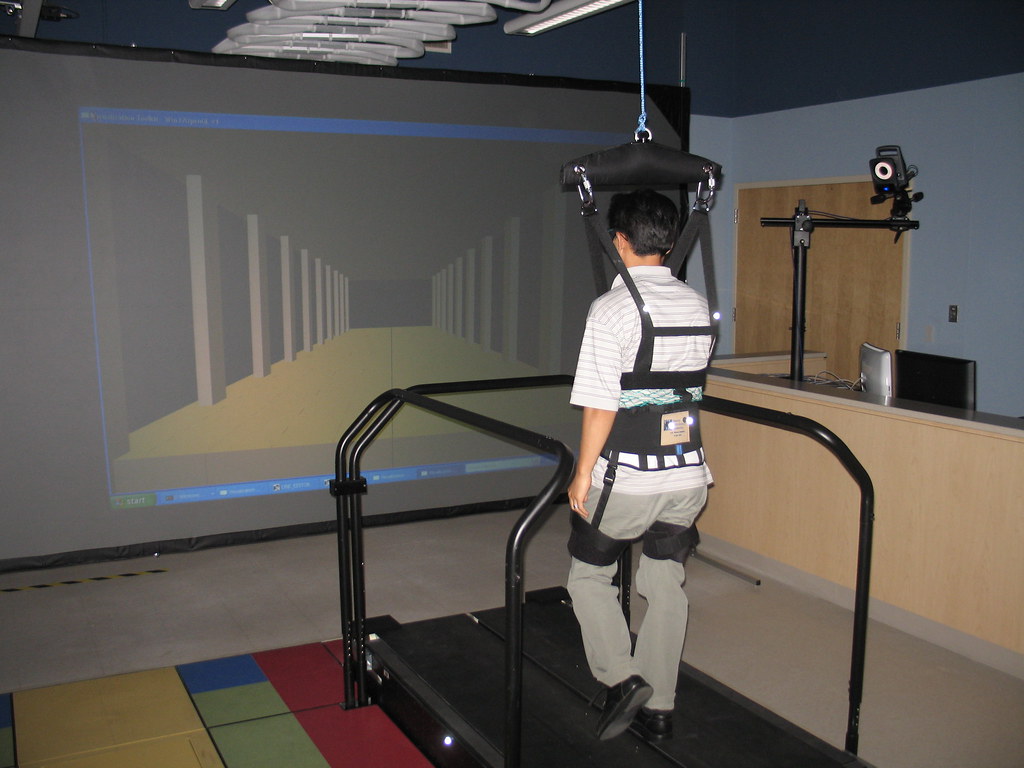Imagine waking up in the morning and plugging in your headset. Immediately, you are transported into a fantastic world full of bright colors and holographic data screens. As you go through your daily routine, you see the avatars of all of your friends and co-workers waving at you, asking you to come with them. They have a project they’re working on, and they want you in on it. Nodding your head, you finish your breakfast and coffee. Then, with a thought, you are transported into the body of your digital avatar, free to roam the virtual world while your body returns to sleep in the normal world.
Does this sound unreal? It certainly sounds like something out of science fiction. Movies like the Matrix series, Ready Player One, and Free Guy all feature virtual reality as a plot element, after all. However, this could soon be a reality. Already, VR headsets like the Oculus Rift are revolutionizing gaming, and Mark Zuckerberg is trying to create a new Metaverse that will allow people to live and work in a digital world of his creation.
Now, this might sound intriguing, but is it something we would want? Science fiction might make virtual reality seem glamorous, but even it can’t help but show the dark side of such a technology. An element often seen in movies like this is the contrast between an idyllic virtual world and a mundane or even dystopian real world. The danger of virtual reality technology is that it threatens to distract us from the real world where our bodies exist and invites us into a world entirely owned by a giant tech firm. Technologies like the Metaverse threaten to replace the real world with a simulacrum.
“Oh,” you might say. “I won’t fall for that.” These words ring hollow considering the average American spends three and a half hours every day on their computers and another three and half hours every day on their mobile phones. That’s most of a person’s waking hours. And sure, you might not fall for its allure right away, but what happens when your friends start plugging? Your job? Your church? Would you?
The problem with all of this is twofold. First, a fake is always a fake, no matter how real it may seem. No matter how talented the magician is, he’s not someone who uses true magic. And while your mind is trapped in a fantasy, your reality passes you by. Do you think you could go through life ignoring reality forever?
Second, the world of virtual reality can be controlled by a central authority. Even a real-life totalitarian regime interacts with reality. It can’t make people invisible. It can’t peer inside your mind. But the owner of the virtual reality system definitely can! Do we want Mark Zuckerberg, a man with a long history of unethical business practices, in charge of the world around us?
Imagine advertisements, far as the eye can see, forever. That’s Mark Zuckerberg’s ideal future. Our future, if we let it. Perhaps we should spend more time unplugged if only to prevent such a reality from ever coming to be.
